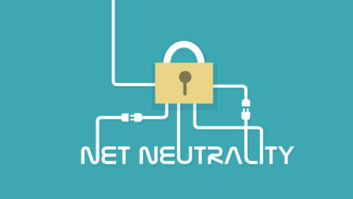NEW YORK�After the FCC recently adopted new net-neutrality rules designed to prevent ISPs from creating fast and slow “lanes” on the Internet, it�s important to note that policymakers in other parts of the world aren�t following suit, especially in Europe and India, according to an editorial piece in the New York Times.�
The 28-nation European Council last month adopted a proposal that would allow ISPs to charge companies like Google and Netflix to deliver their content to end-users faster than companies that cannot afford preferential treatment. The telecom regulator in India has solicited comments as to whether or not is should adopt similar rules.� According to the same article, the Indian regulator also asked �if telecom companies should be able to charge users extra fees for services like YouTube, WhatsApp and Skype on top of the fees people already pay for access to the Internet.�
The same article goes on to say: �In Europe and India, proponents of weak net neutrality rules appear to have bought into the misguided notion that higher charges are necessary to keep telecommunications companies in business and, further, that the companies have a right to impose them. The idea goes something like this: Internet companies like Google and Facebook are making lots of money because cable and phone companies have built networks that give people access to their services. Therefore, Internet-based businesses should help pay the costs of creating, maintaining and upgrading networks.
�This is a disingenuous argument. Telecom companies make money by charging individuals and businesses monthly fees for access to the network. If that revenue was inadequate to cover the cost of running networks, telecom companies would raise prices or they would become insolvent. If anything, prices have fallen as it has become cheaper to provide service. Big telecom companies like Vodafone, which does business in Europe and India, are in fact quite profitable.�
You can read the entire editorial here.�
�











